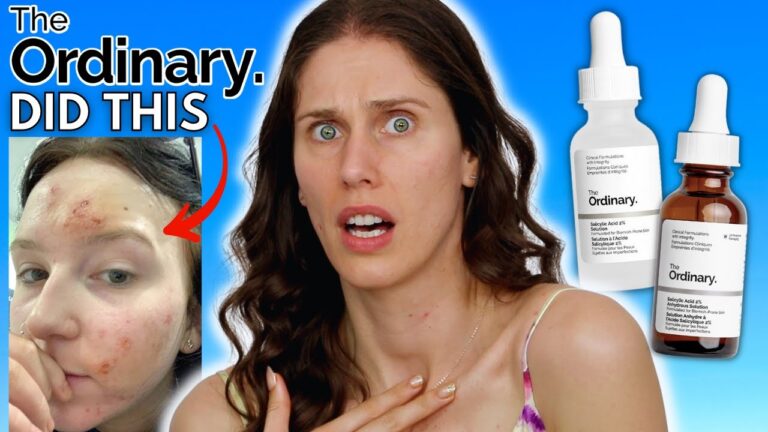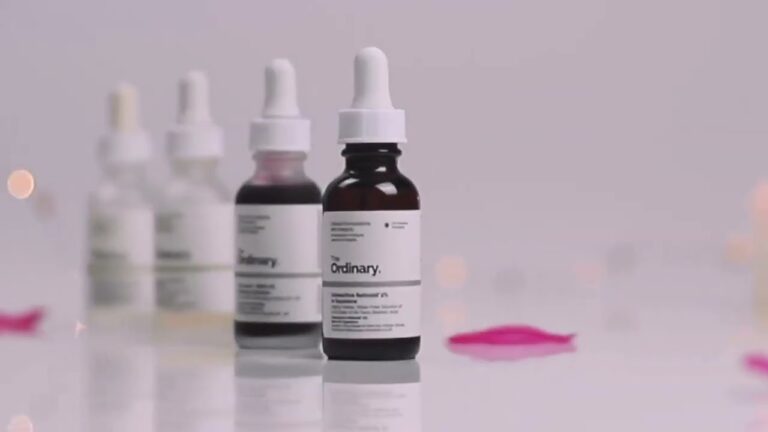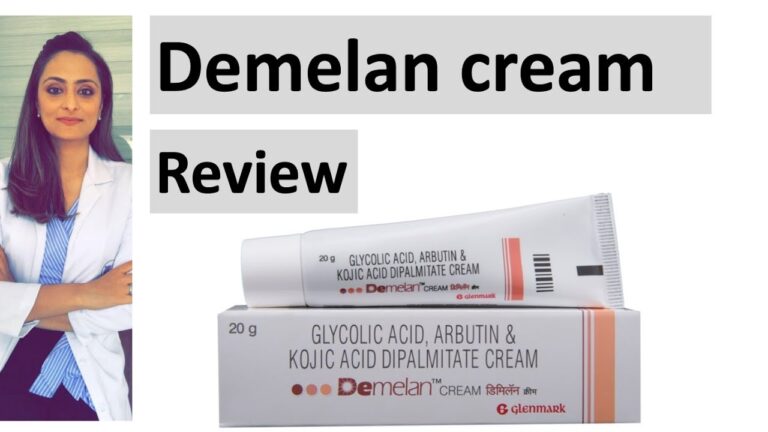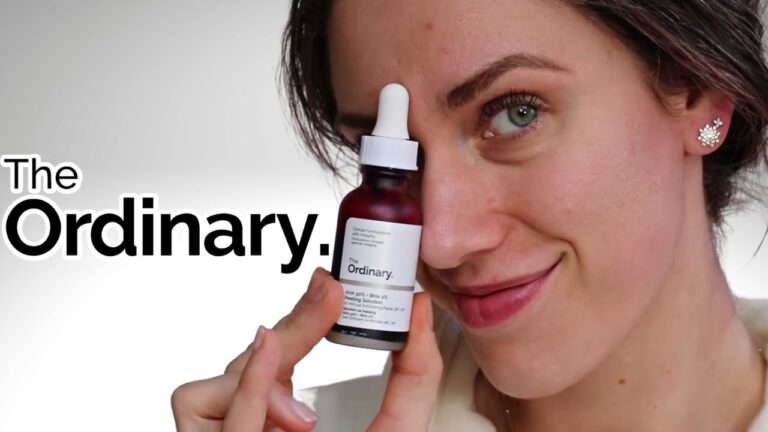Niacinamide: A Powerful Ingredient to Combat Acne?
Acne is a common skin condition that affects individuals of all ages. It can cause discomfort, low self-esteem, and even scarring. Thankfully, there are numerous treatments available that can help alleviate acne symptoms, including the use of niacinamide. In this article, we will explore the benefits of niacinamide for acne-prone skin.
What is Niacinamide?
Niacinamide, also known as Vitamin B3, is an essential nutrient that is found in foods such as fish, chicken, and grains. It is a water-soluble vitamin that has been used for decades to treat a range of skin conditions, including acne, rosacea, and hyperpigmentation.
How Does Niacinamide Help with Acne?
Several studies have shown that niacinamide can aid in the treatment of acne. It works by reducing inflammation, regulating oil production, and reducing the appearance of pores. Niacinamide also helps to strengthen the skin barrier, which can prevent bacteria from entering and causing breakouts. Additionally, niacinamide has been shown to be effective in reducing post-inflammatory hyperpigmentation that can occur as a result of acne.
How to Use Niacinamide for Acne-Prone Skin
Niacinamide can be found in various forms, including serums, toners, and moisturizers. It is recommended to start with a lower concentration of niacinamide and gradually increase the amount over time. Niacinamide can be used twice daily, in the morning and at night, after cleansing and before applying other skincare products. It is also important to use sunscreen during the day, as niacinamide can increase skin sensitivity to the sun.
Products Containing Niacinamide
- The Ordinary Niacinamide 10% + Zinc 1%: This serum contains a high concentration of niacinamide and can be used to target acne and congested skin.
- CeraVe PM Facial Moisturizing Lotion: This moisturizer contains 4% niacinamide and is suitable for all skin types, including those who are acne-prone.
- Paula’s Choice 10% Niacinamide Booster: This concentrated booster contains 10% niacinamide and can be added to other skincare products to enhance their acne-fighting benefits.
Conclusion
In conclusion, niacinamide can be beneficial for acne-prone skin. It helps to reduce inflammation, regulate oil production, and strengthen the skin barrier. When using niacinamide, it is important to start with a lower concentration and gradually increase over time. Additionally, it is crucial to wear sunscreen during the day to protect the skin from sun damage. By incorporating niacinamide into your skincare routine, you can help to improve the appearance of your acne-prone skin and achieve a clearer, smoother complexion.
Contents
Most searched products:
The Ultimate Guide to Azealic Acid: Benefits, Uses, and Side Effects
Does Sephora Support Israel? Answering Your Questions
How Long Does Glycolic Acid Take to Show Results: Your Ultimate Guide
Discover the Benefits of The Ordinary Botox for Your Skin
The Ultimate Reviews of The Ordinary Peeling Solution
Deciem Edinburgh
Unveiling the Magic of Hyaluronic Acid: Benefits and Uses Explained
Unveiling the benefits of The Ordinary Buffe serum for healthier skin
10 Amazing Facts about Black Circles and their Meanings
10 Best Hair Tips and Tricks for Healthy and Beautiful Hair












